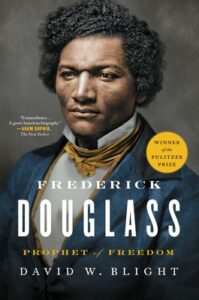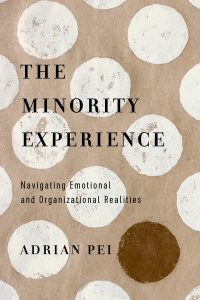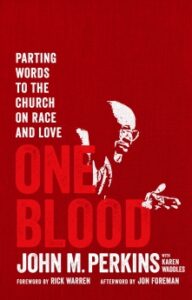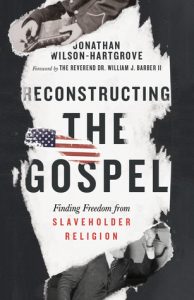 Takeaway: Well-written biography of a fascinating man.
Takeaway: Well-written biography of a fascinating man.
I first came across David Blight when I listened to a podcast of his Yale College History class on the Civil War and Reconstruction. I have not read any of his books previously, but based on my enjoyment of that class and my interest in (but complete lack of knowledge about) Frederick Douglass, I jumped on an advanced copy. I did not leave enough time for this very long book and bought the audiobook.
It is hard to be too glowing about Frederick Douglass. Primarily self-taught, Douglass eventually wrote three autobiographies and was a publisher of newspapers for roughly 20 years. Douglass was the first Black man appointed to a job that required Senate approval. He was later appointed minister to Haiti (roughly equivalent to ambassador). He may have spoken in front of more people than any other single person in the 19th century in the United States. After the death of his first wife, he married Helen Pitts, a White woman, making theirs the first prominent interracial marriage.
Frederick Douglass: Prophet of Freedom is the only large biography of Frederick Douglass I know. David Blight is well qualified. He has written introductions to Douglass’ autobiographies. Blight has written about slave narratives (former slaves writing about their history as slaves and their escape) as well as the Underground Railroad. Blight also won the Bancroft Prize (one of the most prominent awards for history writing) for his Race and Reunion: The Civil War in American Memory. That book is largely about historical memory, which is especially evident as Blight discusses how Douglass remembers himself and his life and how that changes over time.
Frederick Douglass: Prophet of Freedom is not just about a fascinating character of history but a complex portrayal of Douglass. One of the points that was made in Harriet Tubman’s biography, Bound for the Promise Land, was that Tubman, like many other historical characters, is easily minimized to the one thing that people know about them. Frederick Douglass is known as a former slave and abolitionist. Some people may know about his autobiographies and have read one of them, but Blight presents a much more complex character, with Douglass’ strengths and weaknesses. And there are lots of both strengths and weaknesses.


 Summary: An orientation to the Enneagram focused on relationships.
Summary: An orientation to the Enneagram focused on relationships. Summary: In order to be a Christian within culture, we need to understand what the culture is. Which means we need to be rooted in historic Christianity as a means of disrupting the effects of culture.
Summary: In order to be a Christian within culture, we need to understand what the culture is. Which means we need to be rooted in historic Christianity as a means of disrupting the effects of culture. Summary: A broad overview of Rachel Held Evan’s hermeneutics of reading the bible, written for people who don’t really use the word hermeneutics.
Summary: A broad overview of Rachel Held Evan’s hermeneutics of reading the bible, written for people who don’t really use the word hermeneutics. Summary: Baldwin continued to grow and think keeping into the 1980s.
Summary: Baldwin continued to grow and think keeping into the 1980s. 

